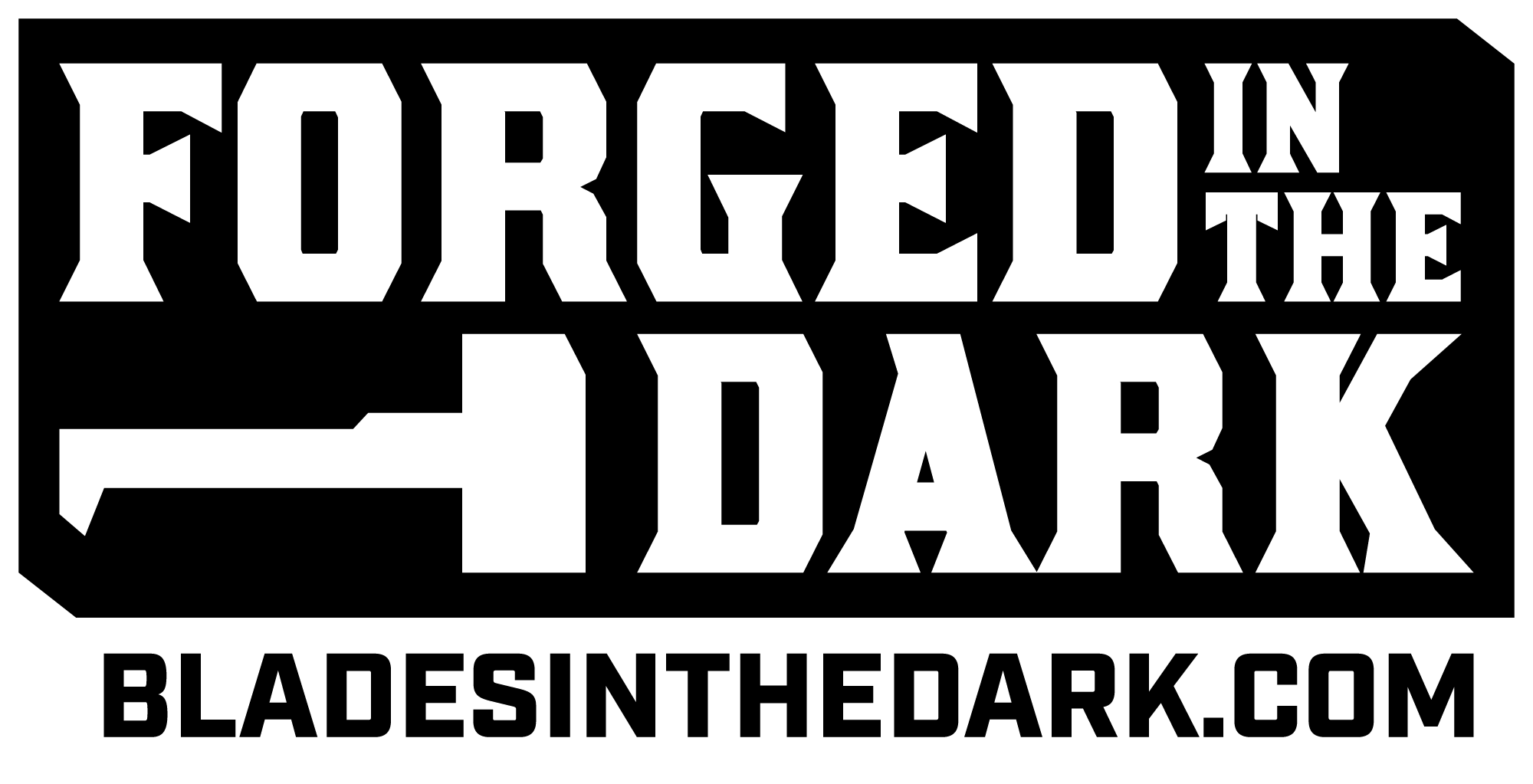Stress & Conditions 
Stress
Player characters in Buried Secrets have a special reserve called stress. When they suffer a consequence that they don’t want to accept, they can take stress instead. The result of the resistance roll determines how much stress it costs to avoid a bad outcome.
During a knife fight, Daniel’s character, Cross, gets stabbed in the chest. Daniel rolls his Prowess rating to resist, and gets a 2. It costs 6 stress, minus 2 (the result of the resistance roll) to resist the consequences. Daniel marks off 4 stress and describes how Cross survives.
The GM rules that the harm is reduced by the resistance roll, but not avoided entirely. Cross suffers level 2 harm (“Chest Wound”) instead of level 3 harm (“Punctured Lung”).
Pushing Yourself
You can use stress to push yourself for greater performance. For each bonus you choose below, take 2 stress (each can be chosen once for a given action):
- Add +1d to your roll. (This may be used for an action roll or downtime roll or any other kind of roll where extra effort would help you)
- Add +1 level to your effect.
- Take action when you’re incapacitated.
Conditions
When a PC marks their last stress box, they gain a condition.
When this happens to you, choose a condition you don’t already have, like Cold, Reckless, Unstable, etc. They’re all described later in this section. Then discuss how the condition may derail your current mission, asking the group for ideas if necessary. This doesn’t undo any success you may have just earned, but should complicate things.
Celeste just led a group action to help her successfully teammates prowl past the guards and into the room with the necklace. Covering for their mistakes uses up the last of her stress.
Celeste: Okay, that’s my last stress point. Hmm. I choose Paranoid as my new condition. That was.. too easy.
GM: Right, so what’s the most paranoid thing you could do right now?
Celeste: I don’t know. What do you think?
John: What I think is that we should grab the necklace and get out of here.
Lizzie: (mischievously) Gee, you seem awful anxious. Did you fail that prowl check on purpose?
Celeste: Oh, that’s good. I pull my pistol and narrow my eyes - “No one’s grabbing anything. Something isn’t right here.”
When you gain a new condition, you’re not automatically taken out of action. However, as you are out of stress, you can’t resist consequences, push yourself, lead group actions, or use any ability or item that requires the use of stress. If you survive the rest of the mission, you have zero stress and you don’t need to seek out stability for the next downtime.
Conditions are long-lasting consequences. While you have a condition, you can decide how much you are affected by it (including “not at all”). If you struggle with it during a mission, you earn xp. This might mean causing trouble for your team by your actions, it might mean taking the spotlight for a scene to roleplay the emotional impact, or it might mean showing how you overcome the impulses implied by the condition.
You can remove a condition by running a special long-term project called a treatment clock. Letting your guard down gives you an extra opportunity to advance this project during a mission.
When you mark your fourth condition, your character cannot continue as a field agent. You must retire them to a different life or let them take the fall for the crew’s actions.
List of Conditions
- Cold: You’re not moved by emotional appeals or social bonds.
- Haunted: You’re often lost in reverie, reliving past horrors, seeing things.
- Obsessed: You’re enthralled by one thing: an activity, a person, an ideology.
- Paranoid: You imagine danger everywhere; you can’t trust others.
- Reckless: You have little regard for your own safety or best interests.
- Soft: You lose your edge; you become sentimental, passive, gentle.
- Unstable: Your emotional state is volatile. You can instantly rage, or fall into despair, act impulsively, or freeze up.
- Vicious: You seek out opportunities to hurt people, even for no good reason.
Reducing Stress
You can reduce your stress in one of three ways:
- During a mission, by letting you guard down.
- During downtime, by seeking out stability.
- During the debrief, characters that were off duty automatically reduce their stress by a small amount.
Letting Your Guard Down
During a mission, when you think the fictional situation would let you relax or gain emotional support, you can erase a point of stress OR tick your treatment clock. If another player takes the opportunity to provide that emotional support, they gain 1 xp.
This allows you to create quiet moments and space for character development and team interactions. It can also be a good way to help rebuild trust between crew members after something like a failed mission, conspiracy entanglement, or major setback has resulted in division or distrust.
In spy fiction, letting your guard down usually leads directly to a setback and makes for a good story rhythm. To give the GM an opportunity to reflect this, after letting down your guard, make a roll using your lowest attribute (Insight, Prowess, or Resolve). On a failure, the GM can choose to inflict a consequence.
Example: A character that is a music buff is on a stakeout in the opera. They relax and reduce stress; on a failed stability roll they’re looking at the stage instead of their target
